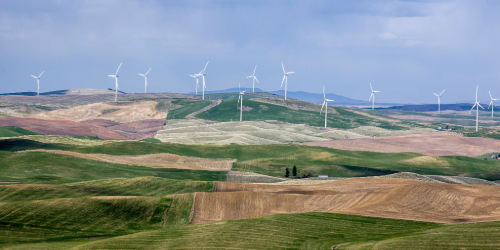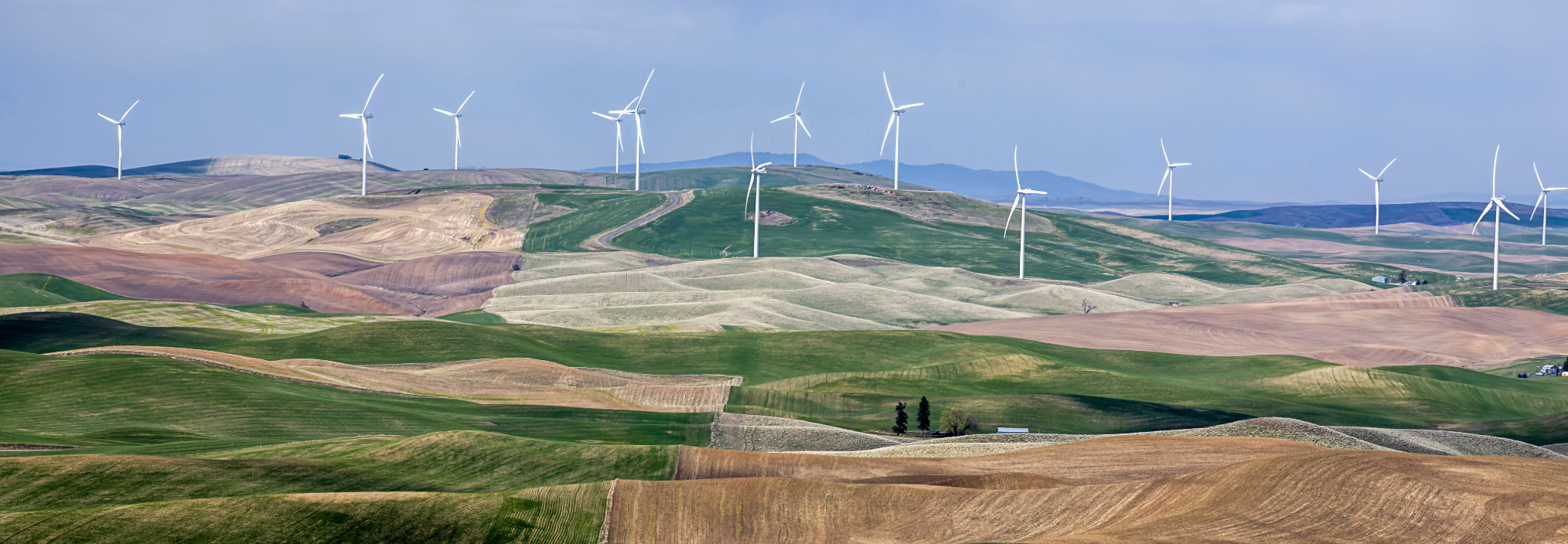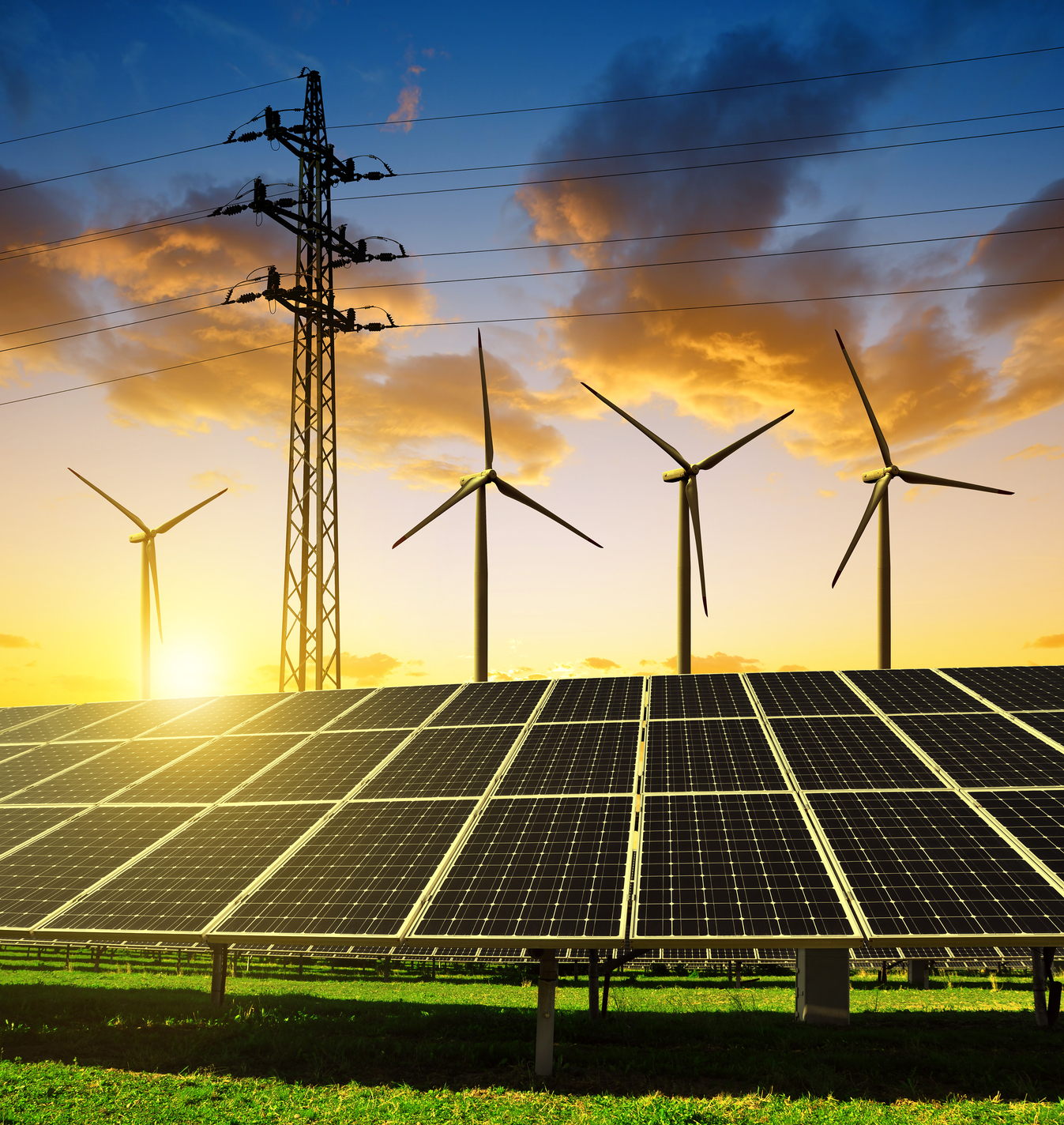
Deborah Philbrick, Senior Program Officer, Climate Solutions, discusses the importance of focusing resources on people and communities who are most impacted by climate change.
Raise your hand if you have ever been skeptical when someone told you they were “centering equity.”
Our Climate Solutions program has long valued diverse voices and opinions about how to get us out of this climate mess. We state that we are technology agnostic and that we want solutions to work well for communities that have been most harmed by the extraction of a fossil fuel-dependent economy. We encourage honest conversations about the tensions that exist in the pursuit of electrifying the energy sector. We know that we are in the most important decade of our lives and that relationships are built at the speed of trust…which is slower than we wish it was. It is within that space of slightly uncomfortable tension that the phrase “centering equity” exists.
In short, the climate crisis does not impact everyone equally, and the solutions will not help everyone equally. So what does our program mean by this admittedly amorphous phrase? We believe that the transition to a clean energy economy will be tough on communities where there is a lot of fossil fuel extraction: coal mine, oil, and gas workers and their families. Those areas tend to be rural. We also know that the historical and current system disproportionately harms Black, Brown, and Indigenous communities. Solutions need to focus on people and communities who are most impacted and involve their voices every step of the way.
Solutions need to focus on people and communities who are most impacted and involve their voices every step of the way.
Many of our grantees are making this a reality. The Just Transition Fund supports communities that have traditionally relied on coal mining and helps them access federal funds to diversify their economy. The Alliance for Tribal Clean Energy develops clean energy projects on Native land. The Hive Fund for Climate and Gender Justice is resourcing frontline groups from urban Northeast Houston to rural areas in North Carolina. These are just a few examples.
Fossil fuels cause over eight million air pollution deaths annually. Does the climate crisis hurt other people? Absolutely. No one gets a pass. Just ask the thousands of homeowners across income levels who recently had damage from Hurricane Beryl or from the Iowa derecho, which have both caused billions of dollars of damage and many lives lost. Impacts are felt everywhere, but a focus on equity helps direct resources where they are most needed and most effective.
Our current system is one propped up by finite fossil resources that line the pockets of a handful of nation-states and companies. We hope that the new clean energy economy we are working toward might just be a little fairer so that a healthy environment is not only reserved for some. New systems do not happen by accident, and they do not happen without the concerted efforts of people at every level of power.
New systems do not happen by accident, and they do not happen without the concerted efforts of people at every level of power.
This goal is increasingly shared by local, state, and federal policymakers. One piece of evidence is the tax credit bonuses in the Inflation Reduction Act that incentivize projects when they pay competitive wages in disadvantaged or energy communities, areas defined by the federal government. Or it can be seen in the recently selected Greenhouse Gas Reduction Fund awardees who have hundreds of pages of dedicated plans on how $27 billion will reach every corner of American life.
In truth, the process of integrating equity is complex, but we believe leads to more durable and comprehensive climate solutions. Regardless of where funders would place equity in their grantmaking strategies, we hope they remember to wrestle honestly with the choices they make. Because ignoring our differences will not help us solve this crisis any faster.




